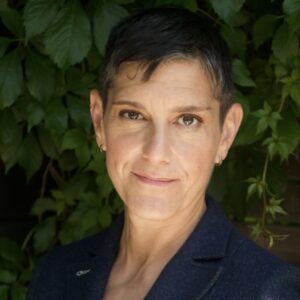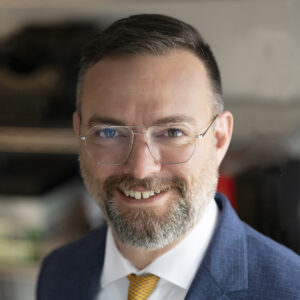Climate policy is often debated in a technocratic bubble—obscuring the very real power dynamics that determine whether the fossil economy is inescapable or a clean economy is inevitable. Political scientist Jessica Green’s new book, Existential Politics: Why Global Climate Institutions Are Failing and How to Fix Them, moves the conversation forward by reorienting policymakers and the public toward thinking of emissions challenges as the distributional and political questions they really are: Presented with an existential threat to their businesses, fossil fuel companies will never voluntarily decarbonize.
Green argues for moving past “measuring tons”—approaches like carbon pricing, carbon offsets, and net-zero targets that do little to nothing to weaken the power of holders of dirty assets. In their place, she calls for “radically pragmatic” solutions like global minimum corporate taxes, an end to fossil-friendly investor-state dispute settlement arbitrations, and industrial policy. Combined, these solutions can help rebalance the scales toward the owners of green assets, transforming the political economy equation.
Join us on September 30 for an exciting book club event with Dr. Green.
We look forward to seeing you there.
Speakers

Jessica Green
Professor of Political Science, University of Toronto and authorJessica Green is a Professor of Political Science at the University of Toronto, with cross appointments at the School of Environment and the Munk School of Public Affairs. She holds a PhD in Public Policy from Princeton University and MPA from Columbia University. Her research is focused on climate governance, including carbon markets, the implementation of the Paris Agreement and green industrial policy.
Her first book, Rethinking Private Authority: Agents and Entrepreneurs in Global Environmental Governance challenges the conventional wisdom that nation-states are the only relevant actors in solving collective action problems, instead showing how non-state actors can serve as rulemakers to address global challenges like climate change. It received best book awards from the International Studies Association, the American Political Science Association, and the International Political Science Association. In 2023, she was elected as a member of the College of the Royal Society of Canada. Her second book, Existential Politics: Why Global Climate Institutions are Failing and How to Fix Them, is forthcoming with Princeton University Press.
She publishes regularly in both scholarly journals and popular publications including Nature, Nature Climate Change, The New York Times, The Washington Post, The Globe and Mail and The Boston Review.

Todd N. Tucker
Director, Industrial Policy and Trade, Roosevelt InstituteAs director of the industrial policy and trade program at Roosevelt, Todd N. Tucker, a political scientist, leads Roosevelt’s work on the role of governance and institutions (both national and international) in facilitating economic transformation.
A recognized expert on trade and political economy, Todd has testified before legislatures and expert committees around the world. His writing has been featured in Politico, Time Magazine, Democracy Journal, the Financial Times, and the Washington Post.
He is author of Judge Knot: Politics and Development in International Investment Law (Anthem Press, 2018), along with other academic research published by Cambridge University Press, Oxford University Press, and other publishers. Prior to his doctoral work, he led research on international issues for a number of DC think tanks and research organizations. He has authored over 70 major reports, including penning the foreword of two recent essay collections: Industrial Policy 2025: Bringing the State Back In (Again) and Industrial Policy Synergies: Reflections from Biden Administration Alumni.
A native of Louisville, Kentucky, Todd received his BA from the George Washington University and his PhD and MPhil from the University of Cambridge, where he was a Gates Scholar. He has taught at Johns Hopkins University and the University of New Hampshire. He lives in Washington, DC.